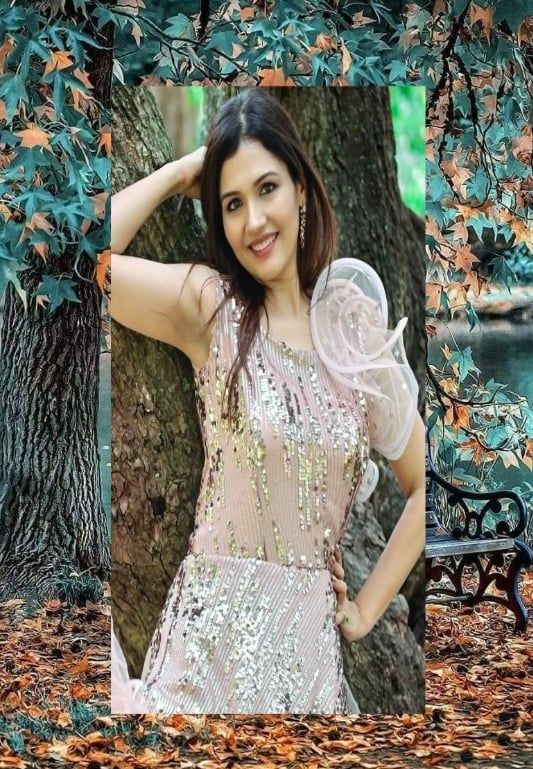POETIC BEAUTY BY WILLIAMSJI MAVELI

Essentially, poetry is a concentrated form of writing that distills imaginative experiences into language. It carefully selects and arranges words to evoke specific emotional responses in readers through its meaning, sound, and rhythm.
Poetry invites us to engage our imaginations, allowing us to apprehend and interpret ideas in new and profound ways. It encourages us to idealize both our thoughts and expressions, elevating them to a higher plane.
While personal interpretations are crucial, understanding the historical and cultural context of a poem can significantly deepen our appreciation. This broader perspective adds layers of meaning, enriching our understanding and allowing us to connect with the poet's deeper intentions.
True poets transcend their own time, their work echoing through generations as a testament to the enduring human experience. They tap into universal themes of sympathy, consciousness, and awareness, connecting with readers across cultures and eras.
Poets masterfully employ imagery to draw readers into sensory experiences. Vivid images – sights, sounds, tastes, touches, and smells – create mental snapshots that resonate with our own memories and experiences. These images don't merely describe; they convey meaning, allowing us to connect with the poem on an emotional level.
Whether introducing us to new realities or revealing our own experiences in a fresh light, imagery is the poet's most potent tool. Given the brevity of most poems, creating a rich and immersive world for the reader within a few lines is a significant challenge, and imagery provides the most effective means of achieving this.
The initial appeal of a poem often lies in its emotional impact. However, a truly great poem must also engage the intellect, offering profound insights and captivating the reader with the grace of its theme and the beauty of its execution.
If a poem lacks either emotional or intellectual depth, it may rely heavily on narrative content, potentially diminishing its poetic power. True poetry transcends mere storytelling; it invites contemplation and reflection, allowing readers to connect with the sacred and the profound within themselves.



